Adding houseplants to your home decor is a great way to add some greenery to your home and create a more restful and relaxed atmosphere. Many houseplants also have medicinal properties and can help clean the air. However, not every plant is suitable for indoor. Some indoor and outdoor plants can be toxic to humans and pets. So, to protect your loved ones, here is a list of bad luck plants at home that you should never keep indoors and outdoors.
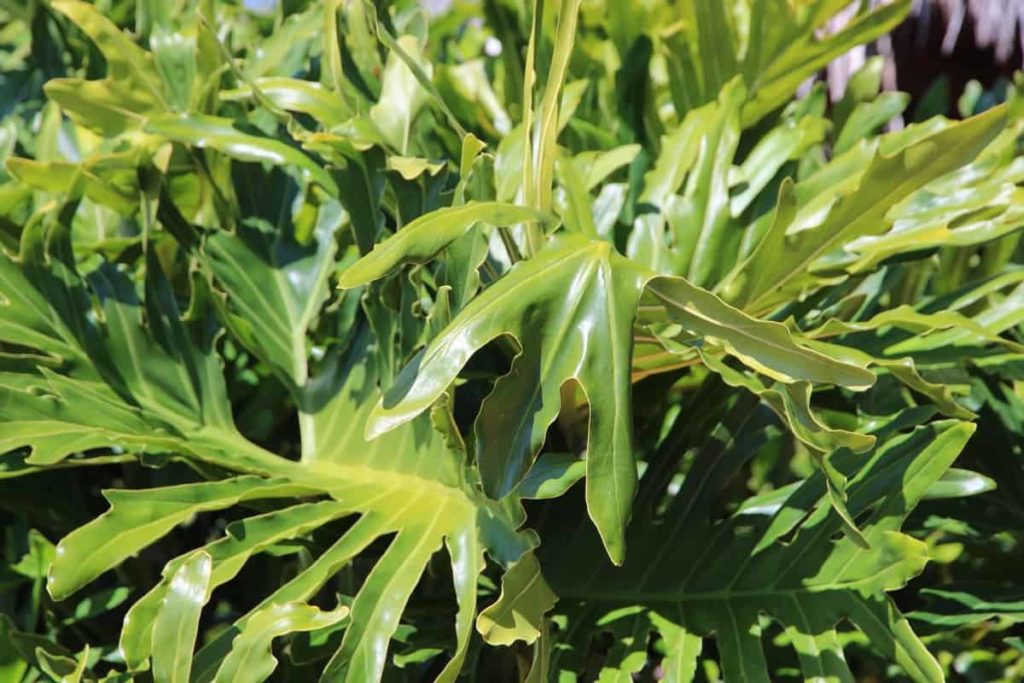
No matter how you choose your plants, you should be careful of harmful plants; there are some that you should not have at home. Some plants can be toxic, resulting in allergies, skin reactions, and other serious side effects. You can grow hundreds of beautiful plants, but some contain chemicals that can have unpleasant or deadly consequences.
Poisonous houseplants can cause skin irritation, upset stomach, and mouth and throat irritation. Some house plants are more toxic than others, and the good news is that most will need to swallow large quantities to cause any real harm. If you have children who want to grow the houseplants, either avoid growing these plant varieties or take special care to keep them in a safe place or location where they are not accessible.
Bad luck plants at home
According to Vastu science, building a house is considered to bring happiness and pleasure in life. Likewise, if your houseplants are unsuitable for Vastu, they can adversely affect your life.
Cactus
Cactus or related plants that are thorny (except roses) should never be kept indoors. Feng shui and many other traditions claim that cacti and spiked plants attract negative energy and should not be kept indoors. They believe any plant with shiny surfaces can cause friction in your relationship, and the cactus falls into this category. To completely avoid the negative energy of cacti in the house, we recommend you never keep them in your home.
In case you missed it: Cactus Farming, Cultivation Practices of Cactus
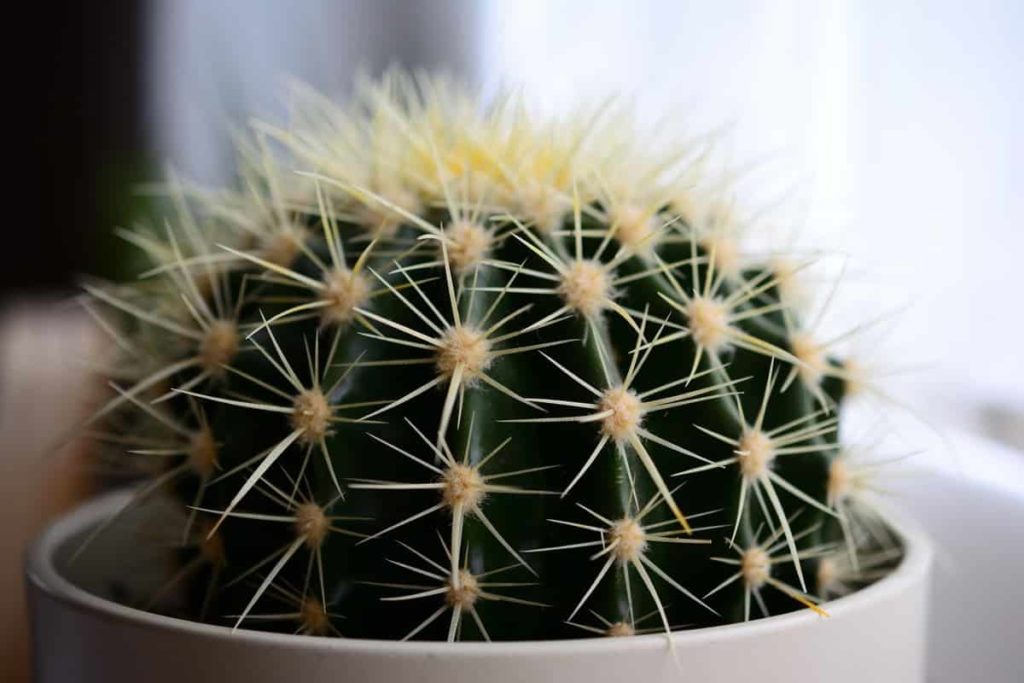
It would help if the plants placed them on the roof or window so they could act as protectors. This protection will come from their spikes, which will bounce off any negative from your home. Both Vastu and Feng Shui experts suggest that cacti, although beautiful, can transfer bad energy into the house. It is believed that prickly and sharp thorns on the leaves carry bad energy in them. Cacti can bring bad luck to the home and cause stress and anxiety in the family.
Although cactus looks beautiful and elegant in home decor, it is not strongly recommended along with Vastu Shastra or Feng Shui. It is believed that these thorny cacti can attract evil energy. According to Vastu, these plants can cause stress and anxiety. They can also bring misfortune into a property owner’s life. Therefore, you should not grow any plants from the cactus family. Exceptions are rose plants.
However, if you do not want to leave these little creatures, you can consult your Vastu expert and find the right direction where they can be kept in your home. If kept in the correct position, they can fight off negative energy and be a protector. The cactus tree is considered one of the unlucky plants.
The reason is the shape of this thorny plant, and it grows in the least watery environment. In some cases, such as summer, cactus trees may grow in your garden because the soil conditions are too dry and there is a lack of moisture. In fact, according to feng shui and Vastu shastra, you should not keep this plant as it causes misfortune in case of disputes between family parties.
Philodendron
It is one of the most popular houseplants due to its low maintenance style and ease of growth. And it looks beautiful too. However, plants contain calcium oxalate crystals, which can be toxic to humans and pets. It can cause dermatitis in small children and mouth and digestive tract swelling in adults and children.
Cats are particularly toxic to Philodendron, and spasms, seizures, and pain have been reported in cats and dogs. It can be grown with or without vining. If grapes are planted, the plants should be well hung out of reach of pets and children. For potted plants, they should be placed high on a window shelf.
Large or tall trees in the east
Tall trees produce negative energy if they are in the east or northeast of the house. Large or tall trees on the east or northeast side of the house invite bad energy and hinder the flow of more positive energy in the home.
Lilies
Lilies are among the most beautiful flowers that are popular as indoor and outdoor plants. These house plants are easy to grow and are of many different types. While some lilies are perfect for growing indoors, some species can be poisonous, especially to animals like cats. It can cause stomach upset in humans, resulting in vomiting, headaches, skin irritation, or blurred vision.
In case you missed it: Indoor Vegetable Farming – Tips, Ideas, and Secrets
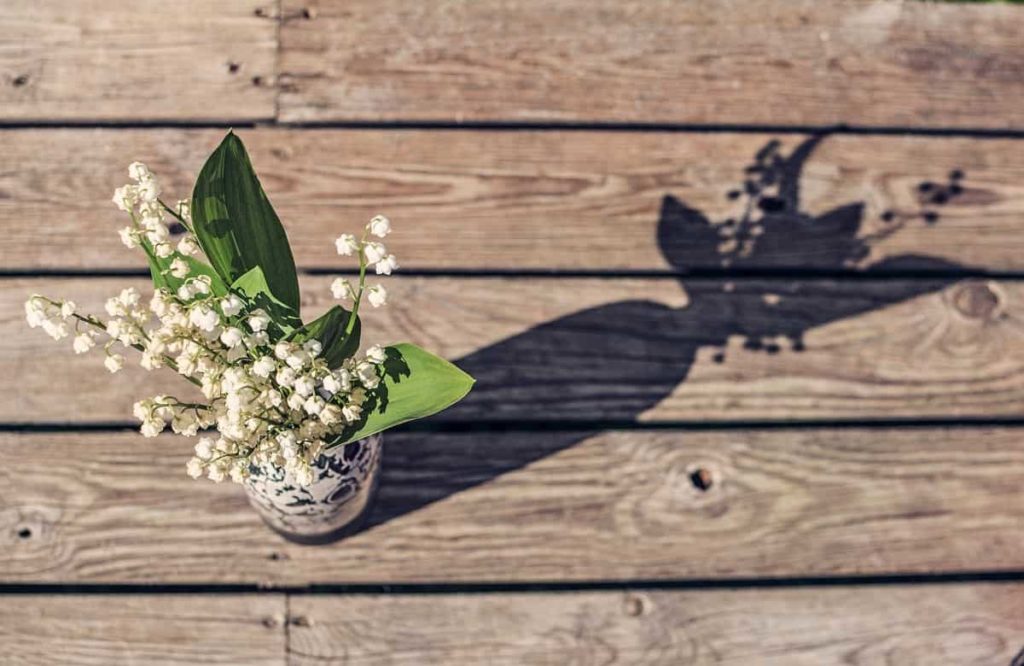
If you are unfamiliar with the type of lily in your home, it is best to be careful and keep these plants out of the reach of children. Some toxic lilies are Calla lily, Easter lily, Rubrum lily, Tiger lily, Day lily, and Asian lily.
Oleander Nerium Oleander
Oleander or Nerium plant is a shrub-like plant that produces beautiful pink flowers that are hard to remember. But don’t you remember, these flowers come at a higher price, not monetarily speaking. According to the US Library of Medicine, it is equally highly toxic to humans and animals, causing severe vomiting and even heart block. Some plants have even died from eating. Therefore, if you enjoy the plant’s beautiful flowers, ensure you stay at arm’s length.
Dumb Cane
Dieffenbachia selections grow in low light conditions and add a tropical atmosphere to the decor. It can be fatal to humans and pets if eaten in large quantities. There are many stylish plants stands available in stores that will help you keep this plant away from the ground if you have children and small dogs crawling around you.
English Ivy
These plants are the best vines for draping from bookshelves or indoor container gardens. Large amounts of English Ivy must be ingested to cause serious problems, but all parts of English Ivy can cause symptoms including skin irritation, burning throat, fever, and itching. As the ivy leads to the trail, keep it high above the ground, out of reach of children and pets.
Sago Palm
It is considered a bad luck plant and one of the oldest living plants; it probably survived so long because animals do not eat it. All parts of plants, including seeds and roots, are poisonous. Eating sago dates causes vomiting and diarrhea and can lead to liver damage.
In case you missed it: How to Grow Tulsi from Seeds: Soil, Plant Protection from Cold, Indoor, and Outdoor Growing Tips
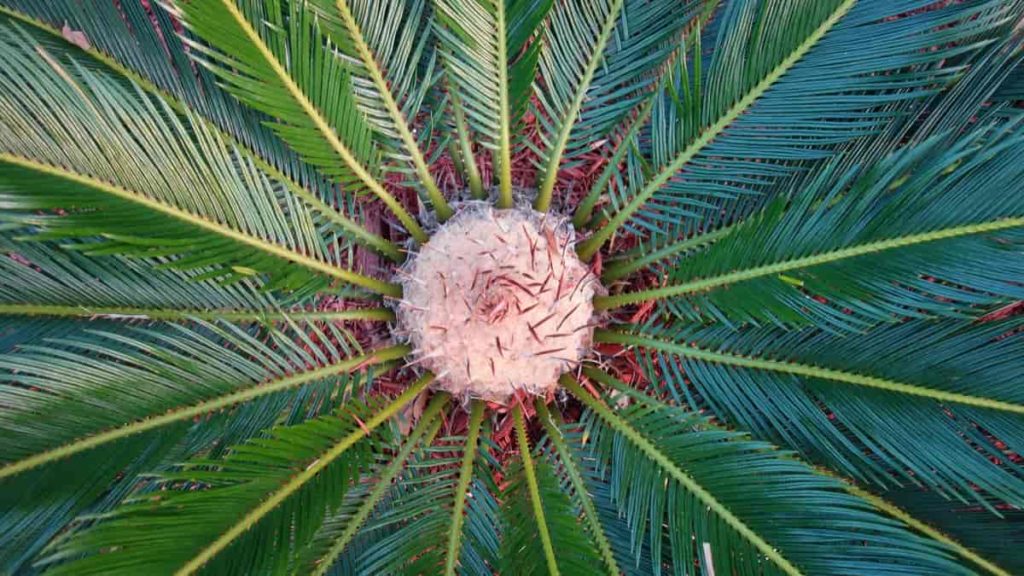
Dead or Dying Plants
If you love plants, there will probably be a few plant hospitals in your home from time to time. While it may be okay to have a few plants you are nursing for health, sometimes your home’s energy should replace or remove dead plants altogether. Dead plants have low and stagnant energy. They are no longer growing and filling your home with energy.
In some cultures, it is said that dead or dying plants have absorbed negative energy into your home, and that is why they are no longer thriving. Instead of keeping these plants, thank the plant for protecting your home and add it to the compost heap or throw it out.
Banyan Tree
Although the banyan tree is considered very good according to the Hindu religion, it should not be planted inside or near one’s home. According to Vastu Shastra, even these plants are not recommended. These plants are also not logically suitable for planting near your home as they are very strong and even have the power to stop the architect of your home from its strong roots.
Mehndi plants
Myrtle or henna plants should not be kept in the house as it is believed that these plants have evil spirits. In addition, the aroma of these plants is very strong, and it can disturb the peace of mind and the home environment.
In case you missed it: How to Grow Papaya from Seeds at Home: In Containers, Indoors, Backyard, and On the Terrace
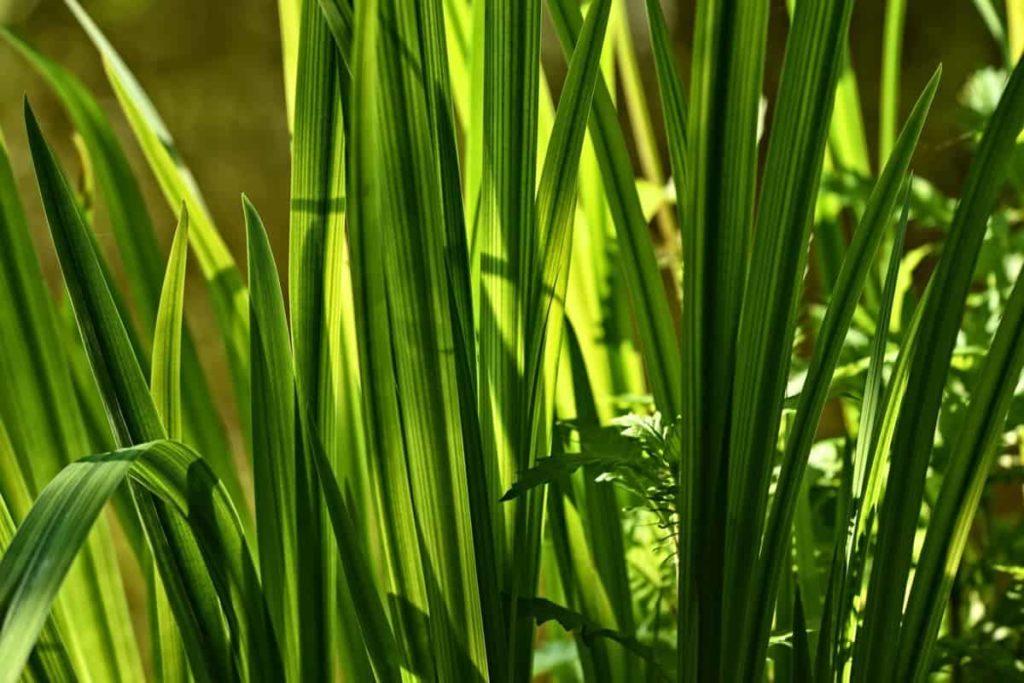
Cotton plants
The cotton bolls live on cotton plants and can cut or shred your skin. And fake cotton plants can be difficult to clean, so they get dust and grime trapped in their cotton tuffs. According to Feng Shui, cotton plants are considered bad luck.
Cotton plants also have a negative connotation in modern society, which is something to keep in mind while keeping them home. Cotton plants, especially silk cotton plants, are not recommended for indoor use. Although these snowy white plants look beautiful when used as a decorative element, Vastu Shastra does not prefer selection. Cotton plants are considered unlucky and bring bad luck when kept indoors. Cotton plants and silk cotton plants should be avoided at home. According to Vastu, these plants are considered unlucky and bad luck.
Babul Plant
Vachellia Nilotica is the botanical name of the Babul plant. A gum Arabic tree with flowers. Although it is known as a healing tree with beautiful yellow flowers, it is not advisable to keep it indoors. Vastu experts say it is better to avoid keeping Babul plants in the house as thorns can cause quarrels.
Tamarind plant
Both Vastu and feng shui experts suggest that tamarind can send negative vibes and energies into the house. It is accepted that evil spirits live in practice. So don’t build a house by looking at the tamarind plant or bring this plant home.
Bonsai plants
Bonsai plants, however, are the most fantastic technique for keeping any large tree in its smaller version, which can fit in your small spaces. Vastu Shastra does not recommend these bonsai plants. Even if they look lovely, it is not suitable for them to be at home. As bonsai stops the growth of plants, it will interfere with the life cycle of the inhabitants. And you can experience stagnant growth in your career or business.
In case you missed it: Top 22 Succulents to Grow at Home: in Pots, Indoors, Greenhouse, Problems, and Care
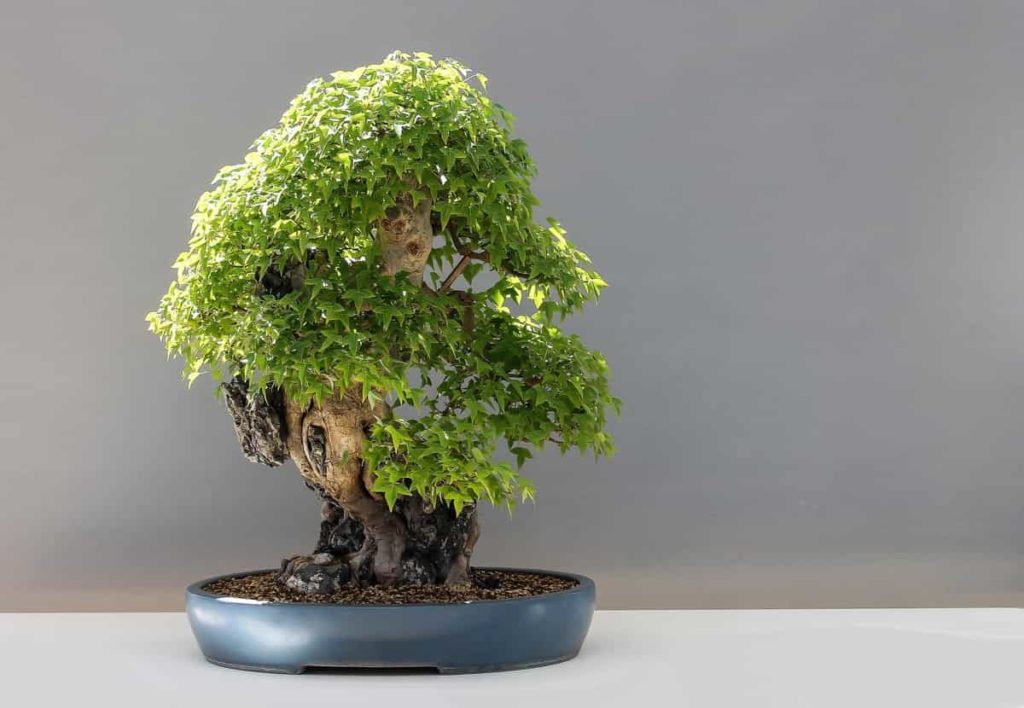
According to Vastu, red flowering plants and bonsai trees should not be kept indoors. However, you can keep them in the open or in the garden. Although bonsai plants are beautiful to look at, keeping them indoors is not particularly good. Vastu experts say it is better to avoid planting this plant anywhere in the house. It is a sign of slow or stagnant development and can interfere with the lifestyle of the inhabitants.
Other things to consider about Bad Luck plants, according to Vastu
- Never keep dead or fungal plants in your home; it brings negativity and misfortune.
- Also, it would help if you did not keep dried flowers on the plant for too long.
- Do not plant large plants in front of your main entrance as they obstruct energy flow.
- Also, do not plant large trees on the east or northeast side as it releases negative energy.
- Do not plant plants at home other than milk as they attract disease and other health problems.
- Artificial plants should also be avoided as they cannot burn. Do not plant in the northeast corners of your home, as these areas should be kept open according to Vastu.
- Some plants may bring less energy, so reducing their presence is better. If possible, avoid artificial plants as they can bring dead energy.
- Thorny plants like cacti also bring negative energy.
- Avoid plants with downward growth foliage (where the leaves hang downward instead of upwards), as they may contribute to the energy of depression.
- Avoid spicy plants like a spider plant, as they can trigger poison arrows in feng shui.
Conclusion
These were different unlucky plants for the house, and you should stay away from such unlucky plants. If you are buying house plant gifts for your loved ones, avoid these plants mentioned above and look for some more lucky plants instead.
- Economical Aquaculture: A Guide to Low-Budget Fish Farming
- 15 Common Planting Errors That Can Doom Your Fruit Trees
- How to Make Houseplants Bushy: Effective Tips and Ideas
- Innovative Strategies for Boosting Coconut Pollination and Yield
- Pollination Strategies for Maximum Pumpkin Yield
- The Complete Guide to Chicken Fattening: Strategies for Maximum Growth
- Natural Solutions for Tulip Problems: 100% Effective Remedies for Leaf and Bulb-Related Issues
- Revolutionizing Citrus Preservation: Towards a Healthier, Greener Future
- Natural Solutions for Peony Leaf and Flower Problems: 100% Effective Remedies
- Maximizing Profits with Avocado Contract Farming in India: A Comprehensive Guide
- Natural Solutions for Hydrangea Problems: 100% Effective Remedies for Leaf and Flowers
- The Ultimate Guide to Choosing the Perfect Foliage Friend: Bringing Life Indoors
- From Sunlight to Sustainability: 15 Ways to Use Solar Technology in Agriculture
- The Ultimate Guide to Dong Tao Chicken: Exploring from History to Raising
- The Eco-Friendly Makeover: How to Convert Your Unused Swimming Pool into a Fish Pond
- Mastering the Art of Delaware Chicken Farming: Essentials for Healthy Backyard Flocks
- 20 Best Homemade Fertilizers for Money Plant: DIY Recipes and Application Methods
- How to Craft a Comprehensive Free-Range Chicken Farming Business Plan
- Brighten Your Flock: Raising Easter Egger Chickens for Beauty and Bounty
- How to Optimize Your Poultry Egg Farm Business Plan with These Strategies
- Subsidy for Spirulina Cultivation: How Indian Government Schemes Encouraging Spirulina Farmers
- Ultimate Guide to Raising Dominique Chickens: Breeding, Feeding, Egg-Production, and Care
- Mastering the Art of Raising Jersey Giant Chickens: Care, Feeding, and More
- Ultimate Guide to Raising Legbar Chickens: Breeding, Farming Practices, Diet, Egg-Production
- How to Raise Welsummer Chickens: A Comprehensive Guide for Beginners
- How to Protect Indoor Plants in Winter: A Comprehensive Guide
- Ultimate Guide to Grow Bag Gardening: Tips, Tricks, and Planting Ideas for Urban Gardeners
- Guide to Lotus Cultivation: How to Propagate, Plant, Grow, Care, Cost, and Profit
- Agriculture Drone Subsidy Scheme: Government Kisan Subsidy, License, and How to Apply Online
- Ultimate Guide to Raising Araucana Chickens: Breed Profile, Farming Economics, Diet, and Care
- Bringing Hydroponics to Classroom: Importance, Benefits of Learning for School Students
- Ultimate Guide to Raising Polish Chickens: Breed Profile, Farming Economics, Diet, and Care
- Ultimate Guide to Raising Australorp Chickens: Profile, Farming Economics, Egg Production, Diet, and Care
- Silkie Chicken Farming: Raising Practices, Varieties, Egg Production, Diet, and Care
- Sussex Chicken Farming: Raising Practices, Varieties, Egg Production, Diet and Care
- Homemade Feed Formulations for Livestock: Discover Cost-effective Starter to Finisher Feed Recipes